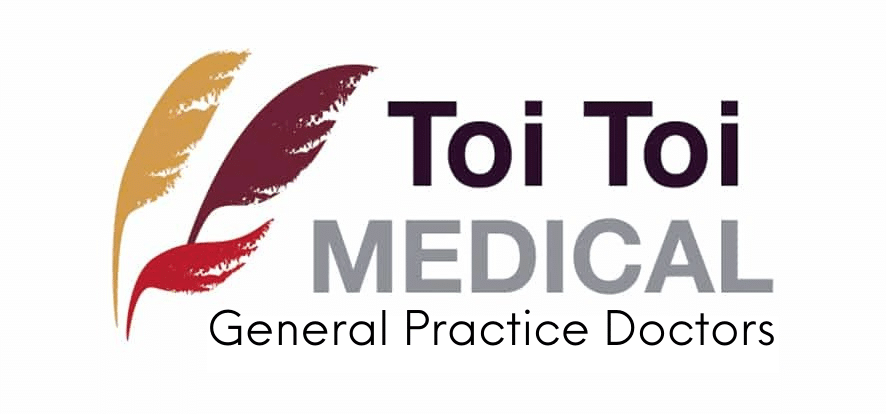We support Clinical Trial Research in Nelson
We are an RNZCGP accredited practice and treat according to the highest standards of care set by the Medical Council of New Zealand.
We follow evidence-based decision making, based on best clinical practice. All medications and treatments used by Medical Doctors have been through a process called a Clinical Trial, which helps to establish which medication can be used in clinical practice each day in our clinic.
In a Clinical trial, researchers want to find out if a new treatment, like a new drug, diet or medical device is safe and more effective than existing treatments.
We would like to support people in the community who may wish to take part in research designed to improve health outcomes for all people. For this reason, we refer to a local Clinical Trial Research site, Southern Clinical Trials Tasman.
At times, we may contact you if we think you may be a suitable participant in a Clinical trial. We will call you and let you know about the Clinical Trial, to see if you would like to find out more information.
If you would like more information, we will ask your permission to pass your name and phone number to Southern Clinical Trials Tasman. You can visit their website for further information.
What are Clinical Trials?
In a clinical trial participants receive specific interventions or treatment according to the research plan or protocol. This sets out in detail the process and design of the study, the treatment(s) to be used and the measurements that will be required.
All parties (investigators, study co-ordinators and pharmaceutical company employees) involved with the development and testing of the study medicine must follow the study protocol.
The people who volunteer to be studied during these trials are advised beforehand of possible risks. Before a clinical trial can begin for a treatment, medication or device, it must show promising results in laboratory or animal tests.
Why participate in a clinical trial?
You can access new research treatments before they are widely available, and your participation also may help others by contributing to medical research.
You will receive thorough education on often chronic health conditions, regardless of treatment regime (placebo or therapeutic) which could improve health outcomes.
Clinical Trials can provide options for people facing difficult health outcomes, allowing you access to new medications and sometimes an ongoing supply. People often find the Clinical Trial process an interesting and rewarding experience and are paid a stipend for their time, travel or other costs.
What happens during a clinical trial?
At the beginning of a clinical trial, a team of doctors, nurses and other health professionals checks the health of the participant and gives specific instructions for using the treatment, medication or device throughout the trial. The team monitors the participant as the trial progresses and stays in touch after the trial is completed.
Who can participate in a clinical trial?
All clinical trials have guidelines about who can participate. Criteria may include age, gender, the type and stage of a disease, previous treatment history and other medical conditions.
Are Clinical Trials Safe?
Clinical trials are carefully designed, reviewed, and ethically approved before they can start. People of all ages can take part in clinical trials, including children.
All trials are conducted under a strict code of conduct called Good Clinical Practice (GCP), putting safety and welfare of the patient at the heart of all trial work.
In New Zealand, the New Zealand Health and Disability Ethics Committee, a committee of volunteers including experts and lay people such as doctors, scientists, clergy, and other community members, reviews and approves all Clinical trials before, during and after the course of the trial.
Can Children take part in Clinical trials?
Your child may have the opportunity to participate in Clinical Trial Research. For example, to find out if an asthma inhaler is safe and more effective than existing treatments.
At times, we may contact you if we think your child may be a suitable participant in a Clinical trial. We will call you and let you know about the Clinical Trial, to see if you would like to find out more information.
